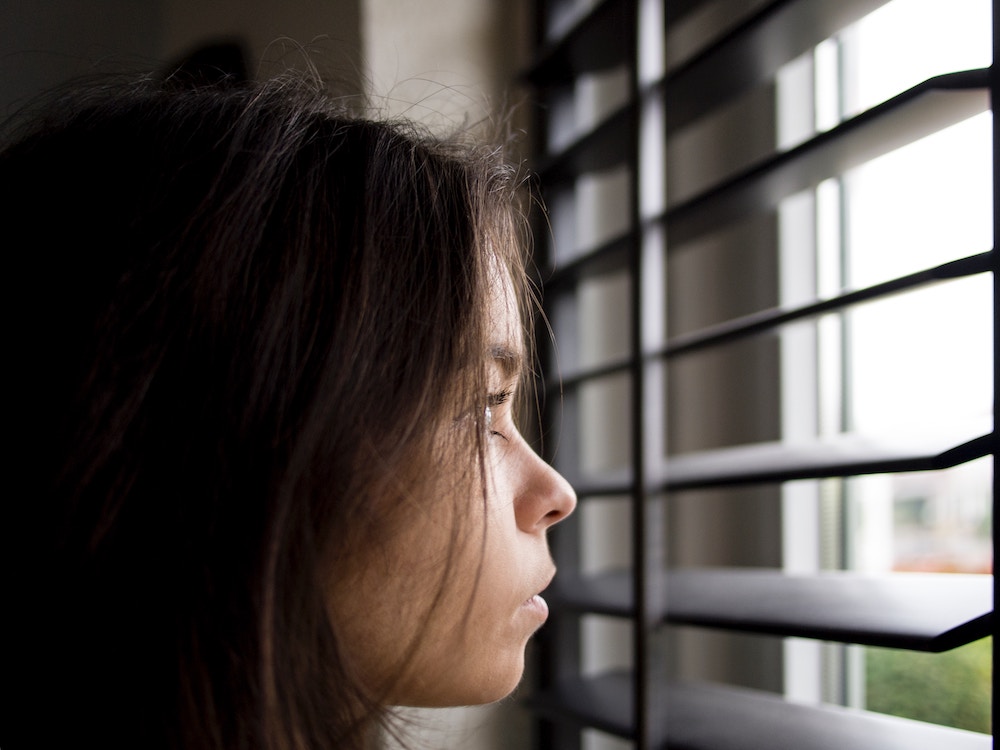‘You say you have depression but you still go to work every day, so how bad is it really?’, ‘OK, so you often feel anxious, but I saw you went to a packed-out concert the other day so you can hardly say you have anxiety.’ Do these comments sound familiar? We hope not, but judging someone else’s experience is called gatekeeping, and we need to close the door on it
Gatekeeping can take many forms, but generally refers to the act of limiting a person’s access to something, be it a community, a label or even a diagnosis, because they don’t live up to certain standards set by those already initiated. Maybe it’s a fan club for a band where if you can’t name the drummer’s favourite sandwich filling then you’re not a real fan, or a book club where, unless you’ve read the entire Booker Prize longlist cover to cover, you can hardly call yourself a bookworm.
It’s disheartening, not to mention infuriating. But when it comes to mental health gatekeeping, things start to get damaging very quickly.
We all know that opening up about a mental health problem is the first step to working through it, and talking to people who are experiencing something similar can be really helpful. But being met with gatekeeping comments such as: “You seem to be looking after yourself, so what’s the problem?”, or “When I was going through that I couldn’t even get out of bed, so is it really that bad?”, sets unrealistic and unhelpful standards based on a particular, or personal, idea of what mental illnesses should look like.

But what would drive someone who experiences mental health problems themselves to invalidate others’ experiences? Rav Sekhon, a counsellor with more than 10 years’ experience, believes that when it comes to mental health gatekeeping, there is some comfort to be found in vetting others.
“There appears to be a nature of ‘outdoing’ others, and posing oneself as a self-acclaimed expert in ‘how to do this right’,” Rav tells us. “For example: ‘You aren’t depressed if you have a good day, as people who are depressed don’t have that.’”
“Some people may find satisfaction in being the leader of their diagnosis – ‘I’m the most unwell.’ It might support them in finding some comfort in what can be a very dark and lonely place.”
To some extent, gatekeeping helps people build a community, or a support system, of people going through the same thing. This is fine for the people who qualify, but not so much for those who have been excluded.
Gatekeeping can have a hugely damaging effect on someone who is just coming to terms with a diagnosis, or who is unsure about whether they need to seek help. Additionally, Rav points out that this type of gatekeeping ignores the fact that we are all susceptible to mental health issues, which may not always be a consistent experience.

“For example, depression may be felt in many different capacities by each individual. To be criticised for not being depressed in a (suggested) correct manner could be very harmful to an individual’s wellbeing – this is in addition to the difficulties that already come with feeling depressed,” says Rav.
Rav’s advice for anyone who experiences gatekeeping when opening up about their mental health is simple: disregard it.
There’s no “standard” way to experience mental health and it’s absolutely not a competition. Sure, there may be someone out there who has it worse, but that doesn’t discount what you’re going through. Understand that if someone is down-playing your experience because it does not match their own, this may be coming from a place of pain or self-preservation. But if gatekeeping is affecting you negatively, take a step away from this person and don’t let their comments stop you from seeking help.
Stick to your guns, speak to someone who makes you feel heard, and never feel that your emotions are invalid because you experience them in different ways to others. We’re all individuals, and the best person to judge whether what you’re experiencing is normal for you, is you.
If you are struggling with your mental health and need to talk, professional support may help. Use the bar below to enter your location and find a counsellor in your area:


Comments